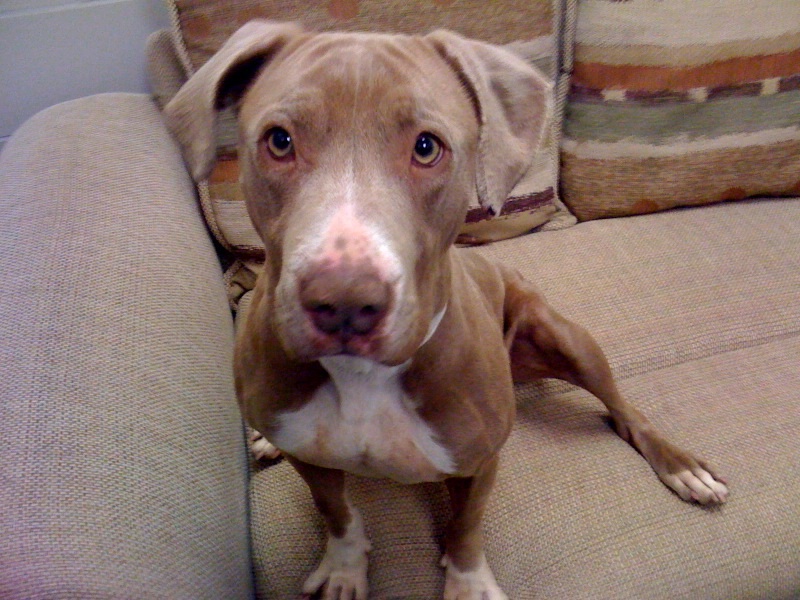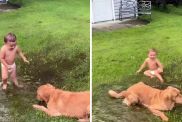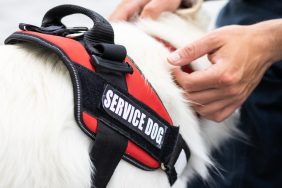This article courtesy of petinsurance-101.com.
It’s a documented fact that pets experience grief when they lose a loved one. Many pet owners will corroborate this. Regardless of whether it is a cat losing a kitten or missing a deceased pet friend; the distress signs are there for all to see.
Pets have a deep significance not just for pet owners but also other animals in the household. The passing away of a human or a pet member of the family is disconcerting to all involved. Humans can understand the expression of grief by their fellow humans; however, it can be a little confusing to deconstruct the behavior of pets on certain occasions because pets cannot speak. We have to be sensitive enough to pick up the cues to their emotional state. If we realize that the pet cat or dog is actually feeling the absence of a loved one, then we can take some steps to alleviate its sorrow and be there for it.
The grief felt by animals is so strong that it can end up taking their lives. There are a number of anecdotes of dogs pining away to death upon the passing away of their owners. Cats too show classic signs such as appearing lethargic, depressed, clingy, giving up food, meowing agitatedly, or staring at the door waiting in anticipation for the departed to return.
It is not necessary that pets will display signs of grief; dogs, of course, are more likely to show their feelings. However, separation anxiety affects both cats and dogs. The animals realize that some-one who was a part of their lives is not around anymore and this is highly disconcerting for them.
Animals have been credited with a keen awareness of their surroundings; so tuned into the vibes of nature are animals that for ages humans have used them as early warning systems to predict natural disasters. Therefore, it is not hard to believe that pets are sensitive to the loss of a near or dear one. Not only this, pets can even sense approaching tragedy. It is often noted that pets begin to behave differently around another pet whose health is steadily declining. It is thought that the animals have an instinct to know that something is wrong and they also pick up cues from the pet-owner’s behavior who may be feeling stress and agitation.
Animals that refuse food when grieving the loss of a loved one should be coaxed into eating; they should be taken to the vet if they refuse all food otherwise there is a chance of organ damage occurring. It becomes very important to give your pet additional attention; be there for him, give him comfort, distract him. You may have to take a day or two off from work for this. Do not leave your grieving pet alone.
Postpone any scheduled medical procedures for a pet facing emotional stress. Do not bring in a new pet in the house. A grieving pet will not be in a position to adjust to a new animal. In case there are multiple pets in the house, the void left by one can lead to a struggle for dominance and the appearance of a total stranger in their midst will stress the existing members of the pets in a family.
Animals can take months to get over the death of a loved one. They should be treated with extra love and sensitivity during this period.
This article first appeared on petinsurance-101.com.









